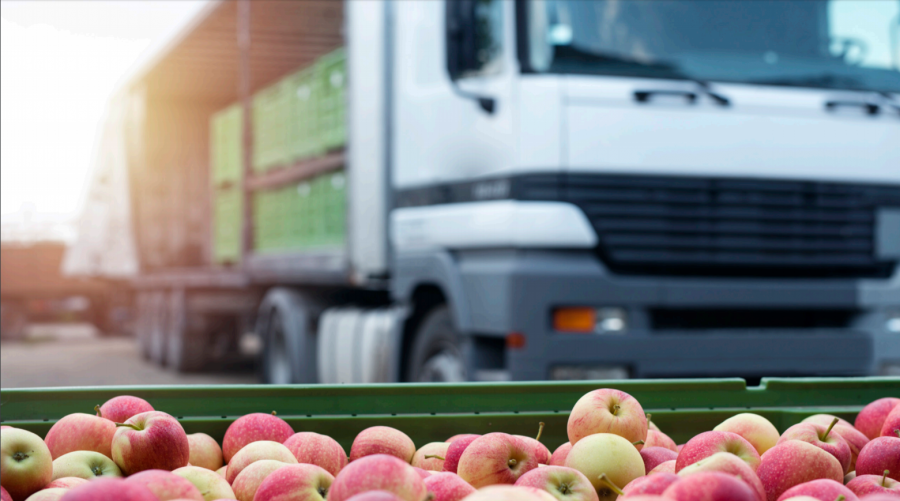
July 16, 2020 — Food waste is an increasing problem in cities across the U.S. In Seattle alone, nearly 100,000 tons of food per year is sent to landfills as far as 300 miles away, wasting resources and generating greenhouse gas emissions, while members of our community remain food insecure.
Seattle Public Utilities (SPU) has committed to eliminating 50% of food waste in Seattle by 2030, and has engaged stakeholders from more than 50 organizations in a Food Rescue Innovative Initiative, a collaborative effort to better understand food rescue challenges and explore potential solutions. SPU engaged the Urban Freight Lab (UFL) in logistics research to identify barriers to making food rescue operations as effective and efficient as possible and to work across sectors to explore solutions to overcome those barriers.
UFL research suggests that Seattle food rescue operates less as a coordinated system and more a loose network of largely siloed food donors and hunger relief organizations, and challenges a common assumption about food rescue: that if hunger relief organizations had additional drivers and vehicles, the network could operate at maximum effectiveness and efficiency, thereby rescuing more and wasting less. Our research suggests that, in actuality, there are deep supply chain challenges that need to be addressed for food rescue to become as efficient and effective as possible. The fundamental challenge that impacts virtually every step in the food rescue enterprise is uncertainty (which can change daily: when and where food will be available; the type, volume, and state of food received; and the space, equipment, and staff needed for transport, sort, store, and redistribute food). Food donating business often don’t know what foods are needed and can be used in the near-term, what storage limitations agencies have, and what costs and burdens—operational and logistical—are being placed on the nonprofit agencies in the food rescue process.
About the Urban Freight Lab (UFL): An innovative public-private partnership housed at the Supply Chain Transportation & Logistics Center at the University of Washington, the Urban Freight Lab is a structured workgroup that brings together private industry with City transportation officials to design and test solutions around urban freight management. Since launching in December 2016, the UFL has completed an innovative suite of research projects on the Final 50 Feet of delivery, providing foundational data and proven strategies to help cities reduce truck dwell times in load/unload spaces, and failed first delivery attempts by carriers, which lowers congestion, emissions, and costs.